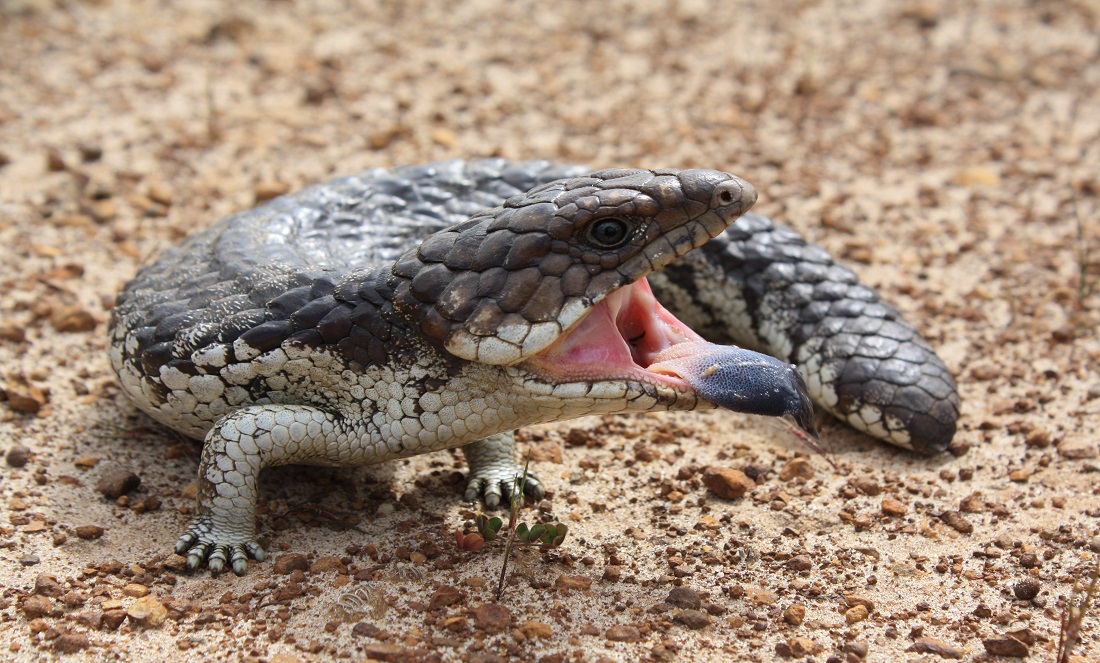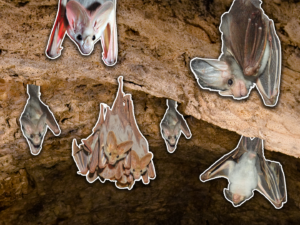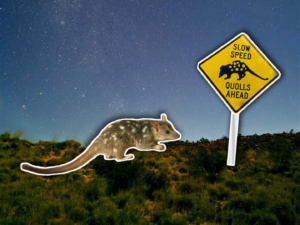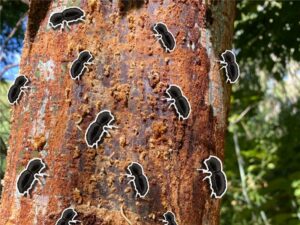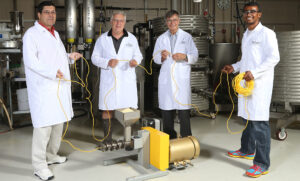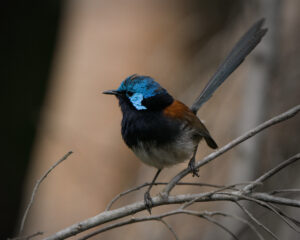The Healthy Wildlife, Healthy Lives project was launched by Murdoch Uni and the Eastern Metropolitan Regional Council (EMRC) on 3 March to coincide with World Wildlife Day.
The website and workshops aim to educate the public how to safely interact with wildlife.
Healthy Wildlife, Healthy Lives stems from a concept called One Health, which recognises that the health of people, animals and the environment is connected.
THREE YEARS IN THE MAKING
The project is the brainchild of Murdoch Uni parasitologists Alan Lymbery and Andy Thompson.
Through their volunteer work at wildlife rehabilitation centres and catchment councils, Alan and Andy saw animals with diseases caused by interactions with people or pets.
“We were talking about this one day and thought it would be really nice to do a project that got more information out to the public,” Alan said.
ARE YOU HARMING BACKYARD ANIMALS WITHOUT KNOWING IT?
Freshwater fish and southern brown bandicoots, or quendas, are some of the native species suffering the consequences of encounters with people and pets.
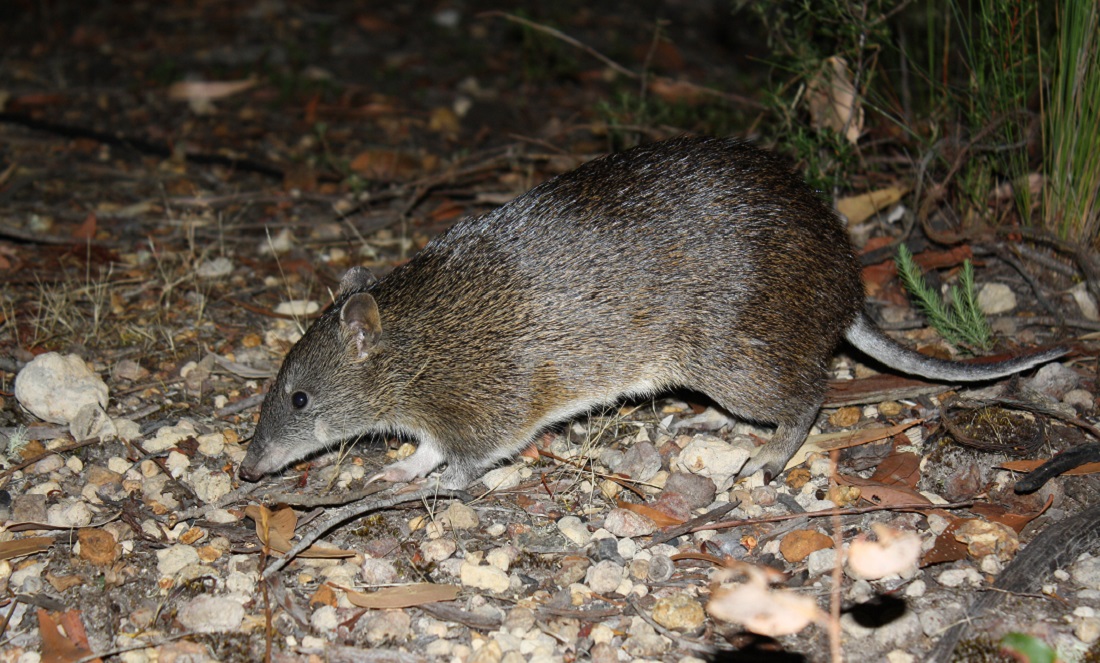
Native fish in the Canning River are contracting anchor worm from goldfish or carp released into rivers.
Anchor worm is a common parasite transmitted by introduced fish species such as goldfish and koi.
The head of the worm ‘anchors’ into the fish’s skin, which can cause open wounds and infections.
Quendas, which are often overweight from being fed in people’s backyards, are catching stickfast fleas.
Stickfast fleas are considered one of the most troublesome parasites affecting domestic animals in Perth since the 1920s.
The fleas ‘stick fast’ to the skin around the ears and eyes of hosts, which include dogs, cats, rabbits, kangaroos and poultry, among others.
Large numbers of the fleas can cause blood loss and even death.
INTERACTION WITH NATURE IS IMPORTANT
Alan says the Healthy Wildlife, Healthy Lives project isn’t about discouraging people from interacting with native species.
“People need to interact with nature to appreciate … the need for conservation,” he says.
“We want to provide a resource for making sure that interaction is beneficial for both parties.”
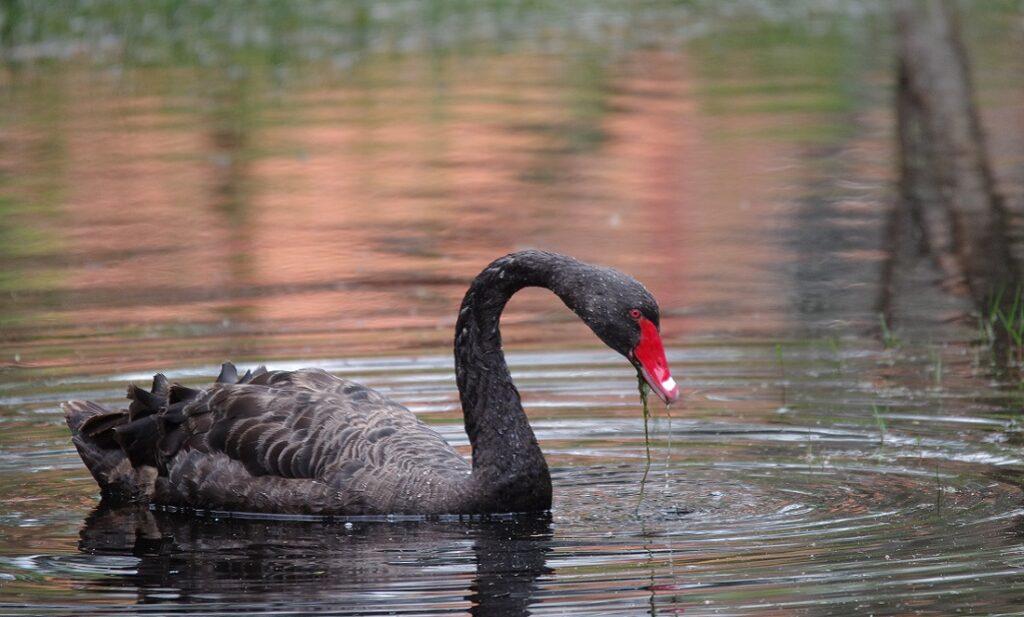
“People need to interact with nature to appreciate … the need for conservation”
Encounters between people and wildlife are becoming more common as Perth’s population grows and encroaches into native species’ habitat, Alan says.
He says this makes the website and workshops valuable educational resources into the future.
The website offers information about native animals commonly seen around Perth, including kangaroos, brushtail possums, magpies, ducks, swans, galahs, honeyeaters and bobtail lizards.
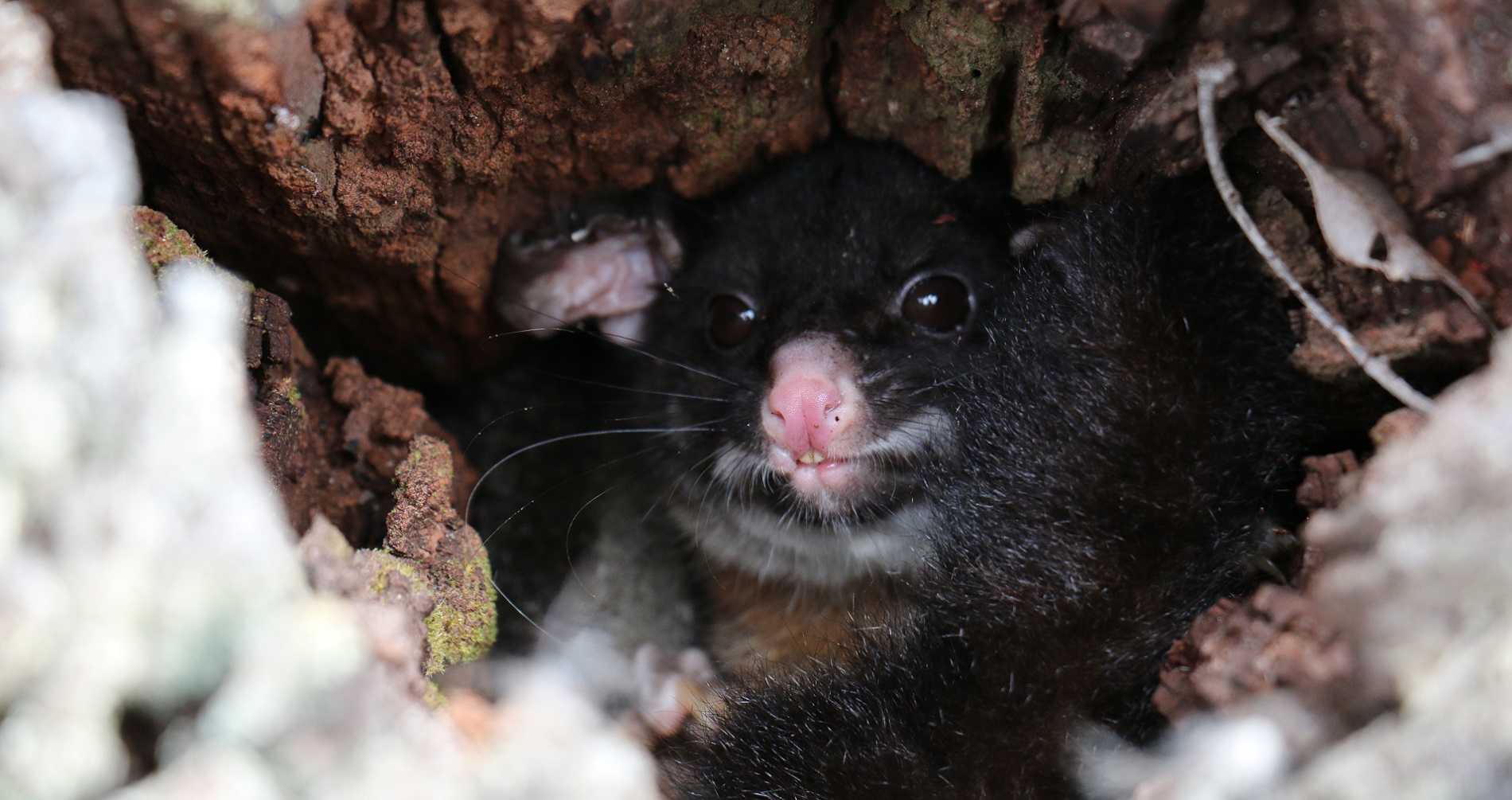
CONSERVATION IN LOCAL COMMUNITIES
Perth’s eastern suburbs have embraced the pilot project, EMRC environmental projects officer Catherine Nind says.
The area was chosen because it has diverse wildlife across urban and rural areas, which approximately 365,500 people call home.
Ms Nind says more than 1700 volunteers from more than 130 community conservation groups are involved.
“This extensive collaboration supports the delivery of such a unique project,” she says.
PROGRAM TIPPED TO EXPAND ACROSS PERTH
The website has been viewed more than 5000 times, and workshops have been very popular.
About 60 participants have attended each workshop, with long waiting lists, and some have been repeated due to high demand.
There is scope to expand the project beyond Perth’s eastern suburbs when the trial ends in August 2017, Ms Nind says.
Lotterywest funded the Healthy Wildlife, Healthy Lives project.
Visit the Healthy Wildlife, Healthy Lives website for details of upcoming workshops.


